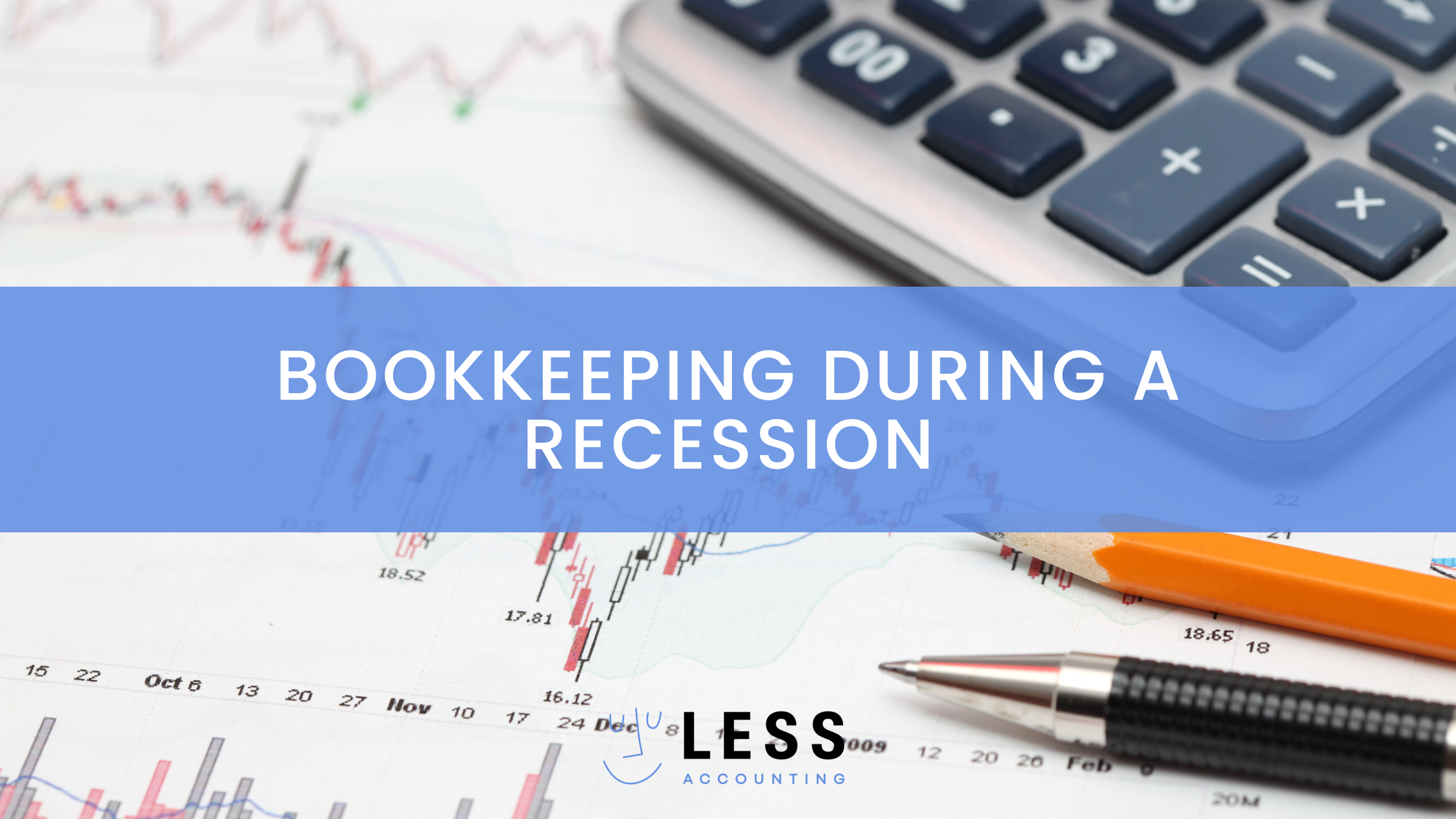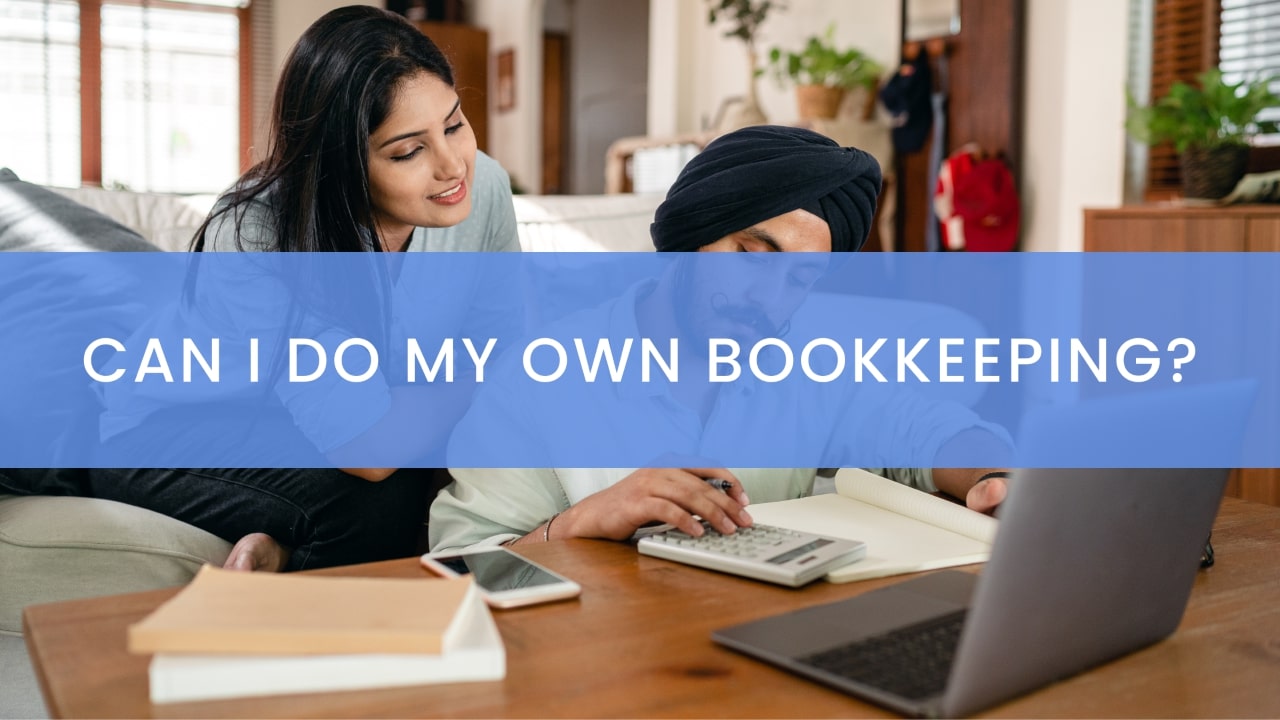Everything You Need to Know Before You Launch a Business in 2024

Overwhelmed keeping your business finances organized? We can help!
Got a new business idea? 2024 could be your year!
We’re here to help you lay the foundation for a brilliant new business.
Entrepreneurship isn’t for the faint of heart, but it can be one of the most fulfilling careers out there. If you’ve ever wanted to launch a business idea, you know that the entrepreneurial urge to create something isn’t easily silenced. Make this the year that you lean into that feeling and finally start a business of your own.
We’re going to break launching a business into three main categories: ideation and strategy, operational nuts and bolts, and trends and forecasts for businesses in 2024.

Ideation and Strategy
The best businesses are born from great ideas, and great ideas can be simple. As you look around your community or wider market needs, keep your eyes peeled for opportunities to put your strengths to use.
How to Brainstorm Business Ideas
- Read about industries that interest you. Find brands or companies that you admire and track their progress.
- Get out in your community to network. Understanding what your local community needs are can be the best place to start for a locally-based business
- Attend workshops for entrepreneurs. Get advice from other entrepreneurs at different stages of their businesses.
- Get in the habit of writing down ideas just from your observations of the world around you. This practice can uncover market needs, personal strengths or interests, and build confidence in your own creativity.
Once you have narrowed down your list of ideas, start thinking critically. Evaluate each concept, considering factors such as market demand, feasibility, and your own skill set. Conduct research to identify potential competitors and assess the existing landscape.
Look for opportunities that align with your passion and expertise but also address a genuine need in the market. Being realistic doesn’t have to stifle your creativity, it’s the process of refining your great ideas into viable business plans.
Creating a Business Plan

Operational Nuts and Bolts
The great thing about the workforce right now is that you can launch a business with very little overhead, depending on the type of business. Remote work has given new strength to freelancers, consultants, and international work opportunities.
Five Steps Start a Business
Once you’ve gotten your ideas outlined, it’s time to start building the foundation of your business. These elements in particular are best put into place before you start taking clients or making sales, other items outside this list may come as time goes on.
STEP ONE: DETERMINE YOUR BUSINESS STRUCTURE
Based on your state or country, laws may differ, but in most places, you need to register yourself as a business entity. This is a place to claim your business name and set yourself up for proper taxation. Getting registered may also be necessary before you move on to other steps like opening a bank account, getting a credit card, etc.
In the US, you’ll likely be choosing between an LLC and Sole Proprietorship. Research each of these to determine the right structure for your business. The good news is that you can change it down the line if you need to.
STEP TWO: OPEN A BUSINESS BANK ACCOUNT
A business bank account is easy and quick to set up. It is especially important when you are self-employed to keep your personal and business expenses separate. It can be tempting to blur the lines, but set clear boundaries for yourself while things are small.
STEP THREE: GET A BUSINESS EMAIL ACCOUNT
While not necessary to start a business, having a unique business email address to organize and sign up for everything surrounding your business can make a huge difference. Staying organized is a needed skill for entrepreneurs. You can set up a free account on Gmail, or once you own a domain name, upgrade to a branded email address.
STEP FOUR: CHOOSE A BOOKKEEPING SOFTWARE
The early stages of your business are the best time to start good habits when it comes to bookkeeping. Find a bookkeeping software that matches your level of business and fits within your budget. Many bookkeeping software includes options for invoicing and popular integrations like Shopify and PayPal.
STEP FIVE: DETERMINE HOW YOU’LL TAKE PAYMENTS
Clearly, you want to get paid. So choosing how you’ll get paid is a big part of setting up your business. How you collect payments may be based on how you serve your clients.
If you are collecting payments in person, apps like Square are popular and easy to use. If you are primarily working online, you can collect payments with PayPal for Business or other apps that work with your bookkeeping and banking tools.
Once you have these five elements in place you can start bringing in new clients or sales.

Small Business Trends for 2024
Forecasting your business’s success isn’t easy, but can help to look at the overall trends in small business to determine if your business plan is on the right track.
- Direct-to-consumer and e-commerce continue to thrive.
- If you can master high-quality customer service and efficient shipping times, your customers are going to love you.
- Stay in tune with technology.
- Whether your business helps consumers improve how they use technology or you are tech-savvy enough to create new tech solutions, you are on the right track. Don’t forget to put technology to work for you as you build your new business.
- Eco-friendly and sustainable businesses win big.
- This is a trend that will never go out of style. Eco-friendly businesses can actually outperform their competitors.
Small Businesses to Start in 2024
That brings us to our big list of brilliant business ideas that are trending upward for 2024. While these businesses vary, they all need one thing: time and commitment to get them off the ground. So where will 2024 take you?
- Business ideas for entrepreneurs:
- Affiliate marketer
- Social media consultant
- E-commerce retailer
- Ads specialist
- SEO Specialist
- Virtual Assistant
- Podcaster or podcasting editor
- Copywriter
- YouTube marketer
- App Developer
- Content agency
- App developer
- Dog walking/pet services
- Green energy solutions
- Health and wellness coaching
- AI solutions and/or training
- Crypto/Blockchain services
Build a Business You Love
No matter what you choose, there’s so much satisfaction that comes from starting and running your own business.
Our team of talented bookkeepers helps solopreneurs and small business owners tackle the task of bookkeeping with confidence. Whether you need simplified accounting software or budget-friendly bookkeeping help, we have solutions for you.




